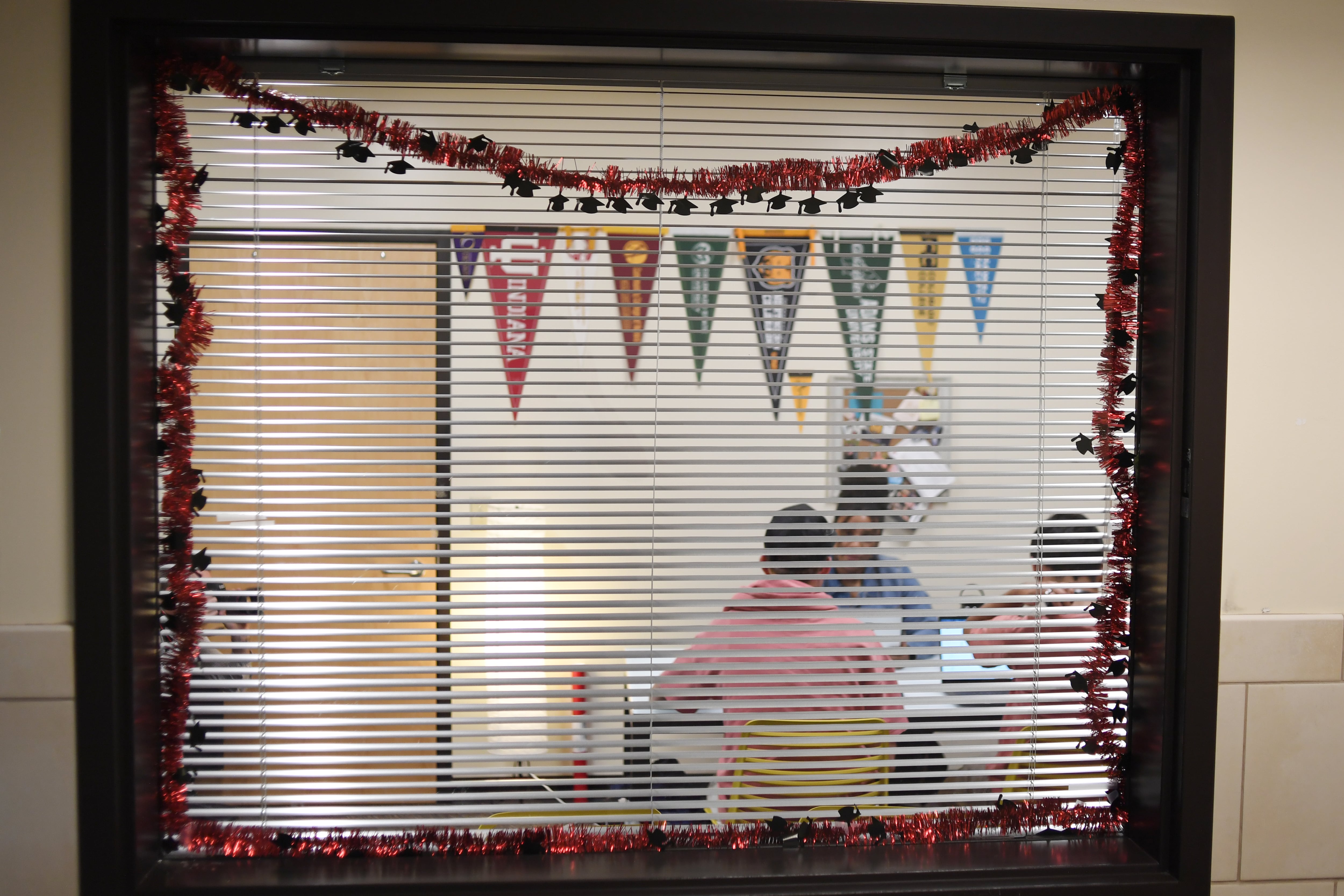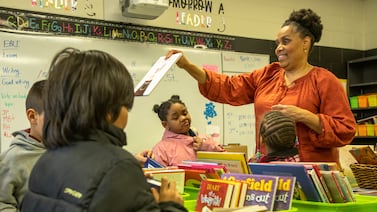Colorado’s Free Application Days event offers every student across the state the opportunity to apply to college free of cost. But even if students miss the three-day window, they haven’t missed their chance to apply to college or prepare for life after high school.
The days, from Oct. 18 to Oct. 20, serve as an unofficial kickoff to the college application season, with state leaders hoping over 70,000 students apply this year during the three-day period. Last year, about 64,000 students applied during the window. This is the fourth year Colorado will hold the event.
Angie Paccione, Colorado Department of Higher Education executive director, said the state wants students to think about college options because the majority of jobs right now and in the future require a college degree of some level — whether it’s a technical, two-year, or four-year degree, or higher. The event helps students from all economic backgrounds get involved with the application process and learn their options, she said.
“The goal is to make sure that every student knows that they can apply, they can apply for free, and they can go to the college of their choice,” Paccione said.
An annual survey by U.S. News & World Report shows an average application fee of about $45 nationally.
In Colorado, the University of Colorado Boulder and Colorado State University Fort Collins charge $50 to submit an application. Meanwhile, Colorado Mesa University charges $40 and Adams State University charges $30.
That money can start to add up, especially if students don’t know where they want to head to school after they graduate.
Here are five tips for students to prepare for Colorado’s Free Application Days and beyond.
Plan which colleges to apply to
The free application period allows students to apply to every school in the state if they want.
But a more effective strategy is for students to narrow down the list of schools they want to apply to, said Erika Pepmeyer, University of Northern Colorado dean of admissions. Pepmeyer encourages students to have a list of about three to five schools.
Limiting the number of schools students apply to keeps them from getting overwhelmed, and allows them to concentrate on the requirements at each school.
For instance, some schools might require essays or personal statements as part of the application. But the University of Northern Colorado doesn’t require an essay if a student has a 3.0 GPA and the required courses taken in high school, Pepmeyer said.
And she said some schools offer their own application or an alternative known as “common applications” — applications that can be used at multiple schools.
Filling out these common applications can take anywhere between 15 to 30 minutes, Pepmeyer said.
“It seems more daunting than it is,” she said.
Help for students who miss out
Colorado students shouldn’t feel like they need to rush through the college application process just to meet the free application deadline.
Students can fill out applications through the fall and into the spring.
A persistent myth among students is that you have to pay to apply to schools, said Analise Gonzalez-Fine, director of college initiatives at DSST Public Schools, a Denver-area charter school network. But that’s not universally true.
Some students don’t always have the financial means to pay for every application. Students with demonstrated need can get the application cost covered by schools
Pepmeyer said most school admissions officers will work with students on the cost, because “there’s always an opportunity for a free application code.”
There are also other free application days hosted by colleges, Pepmeyer said. Students can check websites or talk with counselors or admissions officers about those offers.
Seek help from counselors, admissions officers
Students aren’t alone in the application process, Gonzalez-Fine said.
Like many schools across the state, DSST charter schools have senior seminars that teach students about the application process.
School counselors and teachers are willing to help students if they ask, she said. Admissions officers are also willing to help if students reach out to colleges. Pepmeyer said the sooner students begin talking to admissions officers, the easier it is to get familiar with a college and stay on top of all the requirements needed to enroll at a school.
But many students never ask questions about college because they say they can’t afford college, Gonzalez-Fine said. The goal is for students to think about college and explore their options rather than giving up before they try.
“There are a lot of preconceived notions, like ‘I can’t afford college at all so I don’t want to look into college,’ or ‘There isn’t aid available for me,’” she said. “A lot of our work is on educating students.”
Apply for the FAFSA and scholarships
That’s why Gonzalez-Fine said she tells students that submitting a college application is just the start of the journey.
Students should fill out the Free Application for Federal Student Aid, which opens up grant and scholarship opportunities for low- and middle-income students to help pay for college. (Students and educators can read this story for tips on how to apply.)
Pepmeyer said like college applications, students should select which scholarships are a good fit for them, instead of applying to every one. Schools like Northern Colorado have scholarship pages where students can read the requirements of each.
Filling out about eight to 10 scholarship applications can help give students a better chance of being selected, she said.
Visit a college campus
Students are more likely to complete college if they feel comfortable, said Gonzalez-Fine.
She encourages students to visit campuses and see if it feels like the right place for them.
Gonzalez-Fine said students should ask themselves: “Could I see myself here?”
Jason Gonzales is a reporter covering higher education and the Colorado legislature. Chalkbeat Colorado partners with Open Campus on higher education coverage. Contact Jason at jgonzales@chalkbeat.org.







